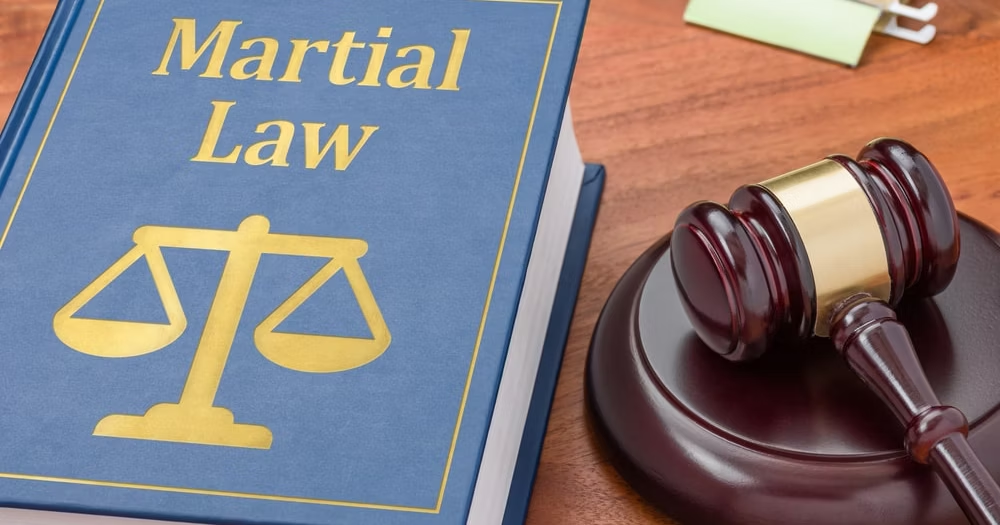Resisting arrest is a serious offense in Texas and can have significant legal consequences. But what exactly does it mean to resist arrest? In simple terms, resisting arrest occurs when someone actively tries to prevent law enforcement officers from taking them into custody. This can involve physical actions like fighting or attempting to escape, or it can be more subtle, such as using deceit or verbal obstruction. Understanding the nuances of this charge is crucial for anyone who wants to navigate the legal system effectively. This article will break down what resisting arrest entails, the legal implications, and what you should do if you find yourself facing such charges.
Defining Resisting Arrest in Texas
In Texas, resisting arrest is defined under Section 38.03 of the Texas Penal Code. According to this law, a person commits the offense of resisting arrest if they knowingly prevent or obstruct a law enforcement officer from making an arrest by using force, threats, or any form of physical or verbal resistance. It’s important to note that resisting arrest charges can be applied even if the underlying arrest was unlawful, although proving the arrest was unlawful can be complex.
Legal Consequences of Resisting Arrest
Being charged with resisting arrest in Texas carries several potential legal consequences. Here’s what you need to know:
- Criminal Charges: Resisting arrest is classified as a Class A misdemeanor in Texas. This is a more serious misdemeanor compared to others, such as public intoxication. If convicted, you could face a fine of up to $4,000 and/or up to one year in jail.
- Impact on Other Charges: If you are resisting arrest in connection with another criminal charge, such as theft or assault, the resisting arrest charge can complicate your case. Prosecutors may use the resisting arrest charge to paint you in a negative light, which could lead to harsher penalties for the other charges.
- Criminal Record: A conviction for resisting arrest will result in a criminal record, which can affect future employment opportunities, travel, and other aspects of your life. It’s essential to understand the long-term impact of a criminal record and work with legal professionals to mitigate these effects.
- Legal Defense Strategies: Defending against a resisting arrest charge involves several strategies, including proving that the arrest was unlawful or that the resistance was not intentional. An experienced lawyer can help build a defense based on the specific circumstances of your case. You can also read this : https://itstexastime.com/
Understanding the Elements of the Offense
To be convicted of resisting arrest, the prosecution must prove several key elements:
- Knowledge: The person must have known that the law enforcement officer was attempting to arrest them. This means that the officer must have identified themselves as such and informed the person of their intent to make an arrest.
- Resistance: The person must have actively resisted the arrest. This can include physical resistance, such as fighting or struggling, or verbal resistance, such as shouting or using threats.
- Intent: The resistance must have been intentional. If the person’s actions were accidental or unintentional, this may affect the outcome of the case.
- Obstruction: The resistance must have obstructed the officer’s ability to make the arrest. This means that the person’s actions must have made it more difficult for the officer to carry out their duties.
Common Defenses Against Resisting Arrest Charges
There are several common defenses that can be used to challenge a resisting arrest charge. Here are some of the most effective:
- Unlawful Arrest: One of the primary defenses is arguing that the arrest was unlawful. If the officer did not have legal grounds to make the arrest, this could impact the resisting arrest charge. However, proving that the arrest was unlawful can be complex and requires thorough investigation.
- Lack of Intent: If you can demonstrate that you did not intentionally resist the arrest, this could serve as a defense. For example, if you were not aware that the officer was trying to arrest you, or if your actions were a reaction to being physically restrained, this may be considered.
- Excessive Force: If you can show that the officer used excessive force, this might support your claim that your resistance was justified. However, this defense requires evidence of police misconduct and is typically handled through separate legal channels.
- Self-Defense: In some cases, you might argue that your actions were a form of self-defense. For instance, if you believed that the officer was using excessive force or acting inappropriately, you might have resisted in an attempt to protect yourself.
The Process After Being Charged
If you are charged with resisting arrest, understanding the process can help you prepare for what lies ahead:
- Arrest and Booking: If you resist arrest, you will likely be taken into custody and booked. This involves recording your personal information and possibly being held in jail until you can make bail.
- Court Appearance: After booking, you will be required to appear in court. During this appearance, you will be formally charged and given an opportunity to enter a plea. It is highly recommended to have a lawyer present to represent you.
- Pre-Trial Proceedings: Before the trial, there may be pre-trial hearings to address various legal issues. Your lawyer will work on building a defense strategy, which may involve negotiating with the prosecution for a reduced charge or dismissal.
- Trial: If your case goes to trial, both the prosecution and defense will present their arguments. The judge or jury will then determine your guilt or innocence based on the evidence presented.
- Sentencing: If convicted, you will be sentenced according to the severity of the charge and any other factors considered by the court. Sentencing may involve fines, jail time, probation, or a combination of these penalties.
Preventing Issues with Law Enforcement
While it is important to understand the legal aspects of resisting arrest, it is also helpful to know how to handle interactions with law enforcement to avoid such charges:
- Stay Calm and Compliant: If approached by law enforcement, remain calm and comply with their instructions. Avoid physical resistance or verbal confrontations, which can escalate the situation.
- Know Your Rights: Understanding your legal rights during an arrest can help you navigate the situation more effectively. If you believe your rights are being violated, you can address these concerns later with your lawyer.
- Seek Legal Representation: If you are facing charges, seek legal representation as soon as possible. An experienced attorney can help you understand the charges, build a defense, and work towards the best possible outcome.
Conclusion
Understanding resisting arrest in Texas is essential for anyone who wants to navigate the legal system effectively. Resisting arrest is a serious offense with potential legal consequences, but knowing your rights, the legal process, and available defenses can help you manage the situation. By remaining calm during interactions with law enforcement and seeking professional legal advice if charged, you can address these issues proactively and work towards a favorable resolution. Remember, the key to dealing with any legal issue is being informed and prepared, so take the time to understand the laws and protect your rights.





